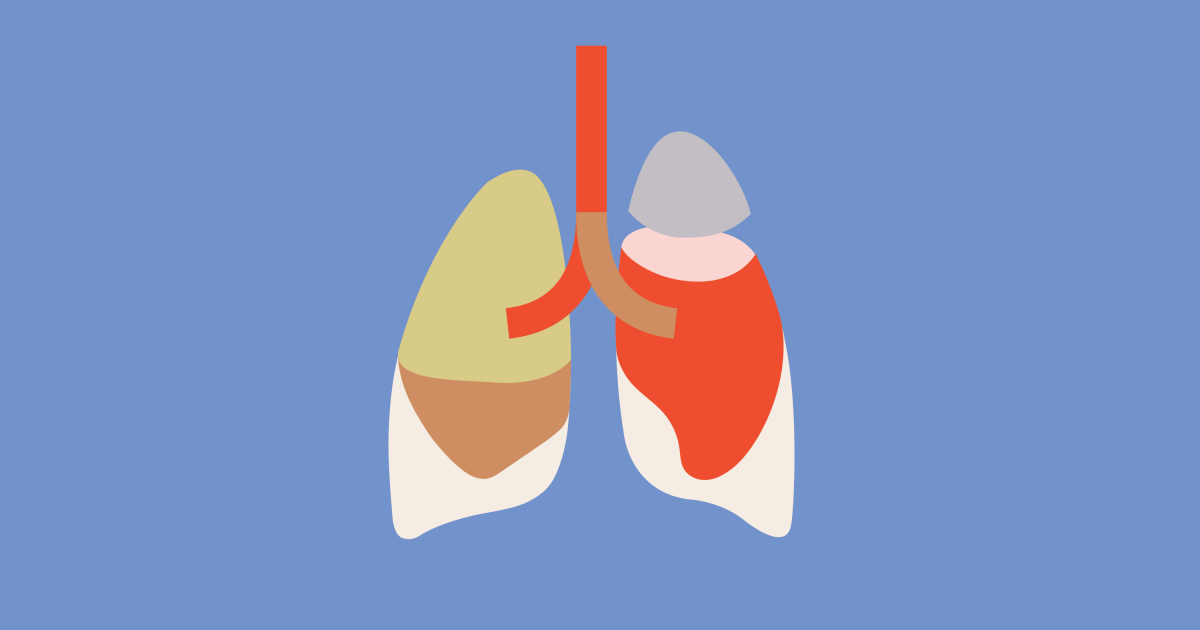Do Air Fresheners & Fabric Softener Sheets Cause Cancer?
- In his latest To Your Good Health column, Dr. Keith Roach was asked whether air fresheners and fabric softener sheets used in clothing dryers cause lung cancer.
- His answer was no, adding that he thinks saying "air fresheners cause lung cancer" is "sensational."
- "It is clear that these products can lead to allergic reactions. … However, my best guess from the studies I have read is that the risk of developing cancer from these products is very, very low," he said.
In his latest To Your Good Health column, Dr. Keith Roach of Weill Cornell Medicine was asked whether air fresheners and fabric softener sheets used in clothing dryers cause lung cancer.
Read MoreDr. Roach's Answer
"What is true," Dr. Roach said, "is that these products release volatile organic compounds, according to a 2011 study. VOCs encompass a large group of chemicals, some of which will increase the risk of cancer if ingested at high-enough dosages for a long-enough period of time." "Some of these include alcohol and acetaldehyde, both of which are known definite or probable carcinogens (more on this later on)," he added. "Nonetheless, people ingest alcohol at high levels, and acetaldehyde is found in ripe fruits, among other places."The study Dr. Roach is referring to found products listed as "organic," "green," "natural" or "nontoxic" that had similar amounts of potentially toxic or hazardous chemicals.
"The type of study precluded any assessment of the magnitude of risk from exposure to these chemicals. However, the (U.S.) Environmental Protection Agency has estimated less than a 1 in 100,000 chance of developing cancer from continuous exposure to acetaldehyde. The effect of multiple volatile organic compounds acting together hasn't been studied."
"Saying that 'air fresheners cause lung cancer' is sensational," he added, "and doesn't really address the factors a person should concern themselves with, such as the level of exposure to something that's necessary to develop risk, and the amount of risk of getting lung cancer from using fabric softeners with the laundry."
"It is clear that these products can lead to allergic reactions. I see respiratory symptoms and rashes fairly frequently. However, my best guess from the studies I have read is that the risk of developing cancer from these products is very, very low."
Understanding Carcinogens
We are exposed to carcinogens (substances that can cause cancer) throughout our daily lives. But many people won't go on to develop the disease, Dr. Robert Wright, chair of the Department of Environmental Medicine and Public Health at Mount Sinai, previously told SurvivorNet.
Related: How Can Diet Affect My Cancer Risk?
"We create carcinogens all the time in our foods when we cook them, and very few of us get cancer because our bodies can handle them," Dr. Wright explained. "But some people have susceptibilities to these environmental carcinogens, which might be genetic or might be caused by combinations of carcinogens."
It's important to understand that no one trigger is going to definitively cause cancer, Dr. Wright said, but it could be a combination of triggers in the environment.
"Cancer isn't caused by one event, typically, it's usually a series or combination of events," he added. "So, it may be that you ate a lot of charred food, it may be that you're also a smoker, it may be that you've inherited a genetic susceptibility to be a little bit more sensitive to those chemicals."
Lung Cancer Explained
There are two main types of lung cancer: Non-small cell lung cancer, which is the most common and makes up about 85% of cases, and small cell lung cancer, which is less common but tends to grow faster than non-small cell, and it's treated very differently.
The type a person has will chart the course for their treatment plan, as well as the cancer's predicted progression.
Lung cancer has been directly linked to cigarette smoking, and it's the number one risk factor for developing this type of cancer, according to the U.S. Centers for Disease Control and Prevention.
Lung Cancer in Smokers vs. Non-Smokers
In the United States, the CDC reports that cigarette smoking is linked to about 80% to 90% of lung cancer deaths, and people who smoke cigarettes are 15 to 30 times more likely to get lung cancer or die from lung cancer than people who don't smoke.
But that doesn't mean you can't develop lung cancer if you don't smoke cigarettes. In fact, 20% of people who die from lung cancer in the U.S. each year have never smoked or have never used any other form of tobacco.
Here at SurvivorNet, we say that anyone with lungs can get lung cancer, regardless of if you've ever smoked or not.
Learn more about SurvivorNet's rigorous medical review process.

